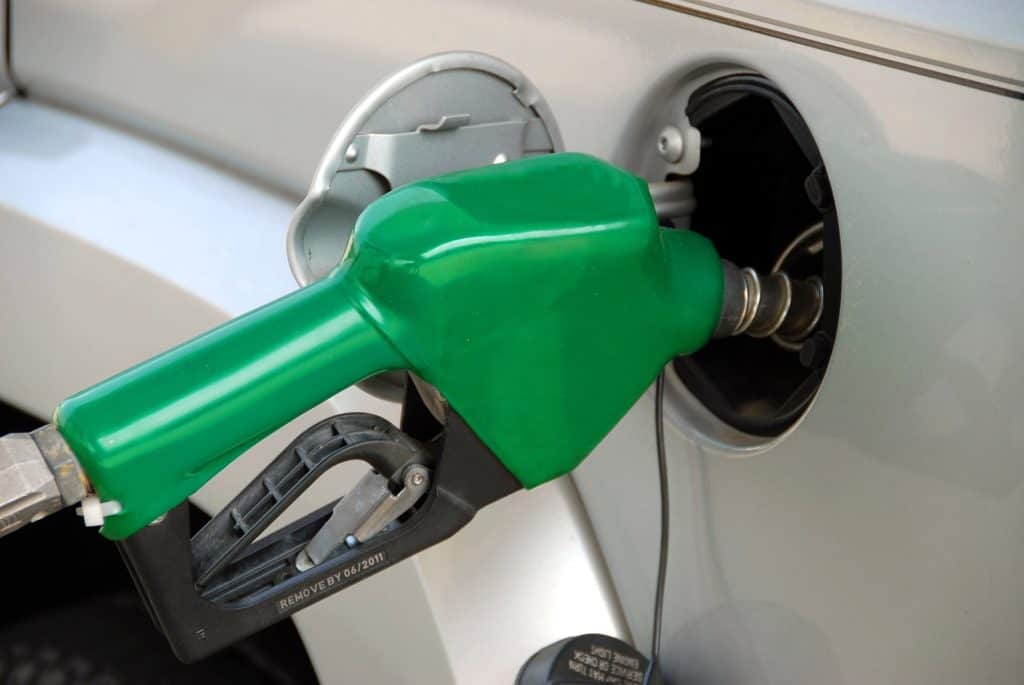With Trinidad and Tobago’s economy reliant on the extraction, production, and export of oil and natural gas, the country’s citizens have long benefited from subsidised fuel prices.
But given the country’s oil and natural gas reserves have depleted overtime, and the industry has faced numerous economic shocks over the past several years, citizens have faced rising fuel costs in recent times.

At the start of 2022, TT’s premium gas was priced at TT$5.75 per litre but at the end of the year, the price increased to TT$7.75.
During the same time, supreme gas increased from TT$4.97 per litre to TT$6.97 while diesel jumped from TT$3.41 per litre to TT$4.41.
The price of compressed natural gas (CNG) has remained TT$1.00 per litre since it was first introduced to TT in 2014.

The relationship between fuel cost and disposable income
At the start of 2022, Trinidadian Mickel Thomas, 25, paid anywhere from TT$300 – $400 per week to fill his tank but by the end of the year, that cost ranged anywhere from TT$300 – 400 per week.
Driving a Nissan Cefiro, Thomas commutes from D’Abadie in Arima to his workplace in Toco which is a 81.6 mile journey that takes roughly one hour.
The increasing cost of fuel has prompted Thomas to revisit his finances, shift food funds to pay for fuel and consider using other fuel options like CNG.

Promoting fuel alternatives like CNG
Over the past several years, TT’s National Gas Company (NGC) has promoted CNG as an efficient, sustainable and cost-effective alternative to traditional fuels.
One of NGC’s most recent promotional activities was a “CNG Lottery ” where one person has the chance to convert their car to CNG use free of charge.
Leslie-Ann Williams, 55, is one of the promotion’s winners and told Cari-Bois without CNG she would have felt like “a fish out of water” with today’s fuel prices.

Williams drives a T20 Nissan X Trail Classic to work and her daily commute from Arima to Petit Valley is approximately 47 miles.
Before converting to CNG, she spent an estimated TT$300 on fuel per week (TT$1200 a month).
Since converting to CNG, Williams now spends TT$50 per week on fuel (TT$400 a month).
She added, “I put TT$100 gas every two weeks and my normal gas system still works…the CNG works fine in my car for the two years that I’ve had it.”

NGC’s communications manager Roger Sant has said a standard gasoline 4-cylinder Sedan kit cost an estimated TT$13,000.
If Williams had not won the promotion and paid for the CNG conversion herself, she would have paid a higher cost for the conversion because of her vehicle’s brand.
The environmental benefits of CNG
When compared to petrol, CNG is regarded as a cleaner alternative given CNG produces 80 per cent less carbon monoxide.
With countries like TT aiming to reduce emissions, fuel alternatives with fewer emissions can be ideal.
Speaking at a recent event, TT’s Planning Minister Penelope Beckles reiterated the country’s aim to slash 30 per cent of all greenhouse gas emissions – from the country’s transport sector – by 20230.

NCG has claimed TT saved approximately 55,384 metric tonnes of carbon emissions since 2014 when CNG came on board.
Currently 95 per cent of the existing cars in TT can be successfully converted to CNG.
Now, citizens have the option to invest in the conversion and have their fuel expenses reduced along with the knowledge that they are contributing less to climate change.
This story was published with the support of The Cropper Foundation and Climate Tracker’s Caribbean Citizen Climate Journalism Fellowship.





